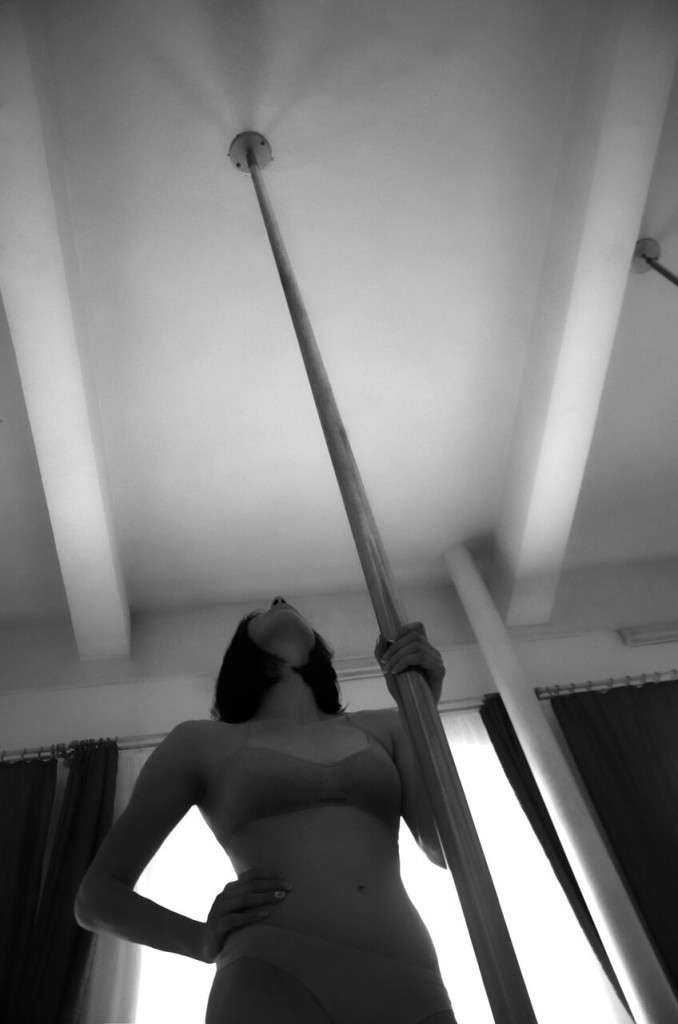
Why hockey might not be the ‘Canadian’ sport
By Jillian McMullen, Staff Writer
I thought hockey was considered our national sport only through the shared psyche of the Canadian citizen, through the shared experience of growing up in a country that loved the sport. But, much to my surprise, it is actually recognized by the National Sports of Canada Act as the national winter sport. This declaration of law solidifies its inclusion in the Canadian identity. So why did more people grow up playing soccer rather than hockey?
The answer lies in the cost.
In a Global News report, they found the average cost to play in the Greater Toronto Hockey League (GTHL) was $5,500 a season, with equipment accounting for nearly $1,000 of that cost. Even with consignment sports stores, teenagers and young adults are constantly growing, and often require annual equipment replacement. Hockey also outranked other sports such as soccer and lacrosse in cost by thousands of dollars in the report.
This cost can be force parents into an awkward dilemma: Should they let their child play the sport they want and cut corners elsewhere, or do they cut that corner? Many parents have to consider how much money that they are taking away from their child’s post-secondary education and this can make the latter choice more realistic. While there are programs that help low-income families cover the cost of organized sport, like any social assistance program, there can be a lot of stigma and shame felt by parents who consider accessing those resources.
Calling hockey “the Canadian sport” is incredibly contentious. Labeling something the “national whatever” intimately links it to questions of identity, where participating in that “whatever” acts as a kind of validation of one’s Canadian-ness. This is can be incredibly powerful for the children of immigrant parents, who must balance both ethnic and national heritages. If a large portion of Canadians cannot access a part of their national identity for monetary reasons, it calls into question what it means to be “truly” Canadian.


